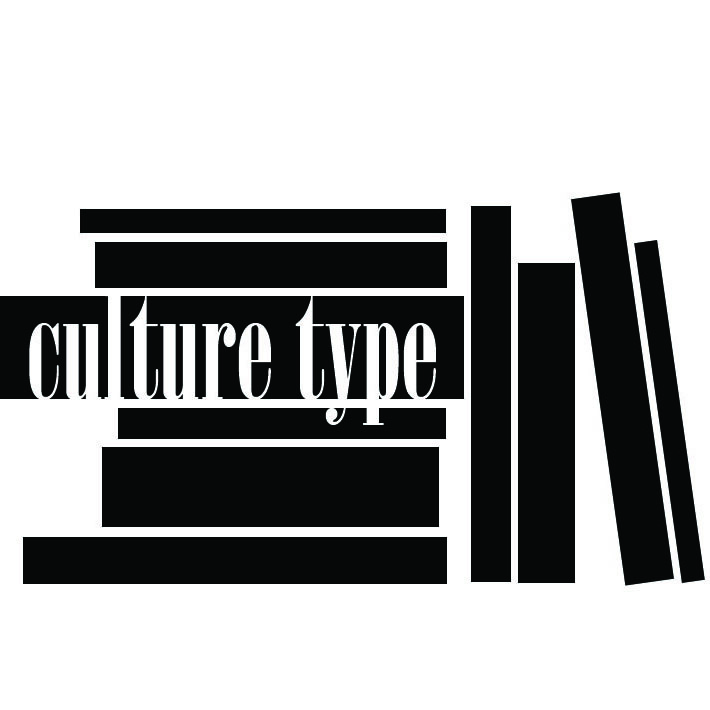FOR TWO DECADES, KARA WALKER HAS PURSUED a unique practice focused on exploring the history of race, gender, power and exploitation in the antebellum South through large-scale cut-paper silhouettes, drawings, watercolor and video animation. The artist’s primary subject parallels that of Toni Morrison’s Pulitzer Prize-winning novel “Beloved” (1987), as well as a more recent title, “A Mercy”
(2008).
Now Walker, perhaps the most critically recognized African American contemporary artist working today, is weighing in on the work of one of America’s foremost literary figures.
 For the New York Times, Walker writes, without reservation, offering an assessment of Morrison’s latest book “God Help the Child”
For the New York Times, Walker writes, without reservation, offering an assessment of Morrison’s latest book “God Help the Child” Her critique of the Nobel prize winning author’s first novel set in contemporary times, appears on the cover of the Sunday, April 19 edition of the New York Times Book Review.
“God Help the Child” centers around a character named Bride. Despite being young and attractive, her “blue-black” complexion is embarrassing to her light-skinned mother (Sweetness) who eschews her because of her dark skin. Her father is also put off by Bride’s dark hue and leaves. Bride is forever scarred by her parent’s shunning and the ever presence of skin privilege. Booker is Bride’s lover and Rain is a mysterious white child with whom she forms a bond.
Walker opens her review by noting that “child abuse cuts a jagged scar” through the book, which she describes as “a brisk modern-day fairy tale with shades of the Brothers Grimm: imaginative cruelties visited on children; a journey into the woods; a handsome, vanished lover; witchy older women and a blunt moral — ‘What you do to children matters. And they might never forget.'”
According to Walker, the novel has more than a few shortcomings including abandoned story arcs and uninspired scene setting. She also finds the character development wanting, providing little opportunity for readers to become emotionally invested in their fates. “…We get clipped first-person confessionals and unusually vague landscapes,” Walker writes.
Walker finds the character development wanting, providing little opportunity for readers to become emotionally invested in their fates. “…We get clipped first-person confessionals and unusually vague landscapes,” she writes.
She also offers the following observations:
“The pity is that the book itself never struggles to answer the questions it poses and keeps these men [child molesters and child killers] at the margins.”
“There are many other characters I’d also like to know more about, whose strategies and coping mechanisms and pleasures I wanted to understand, but the novel withholds so much information.”
“With cutting severity, Morrison touches on possibilities of redemption, only to yank them away again and again.”
The week before Walker’s review was published, Morrison appeared on the cover of the Times magazine. The profile, entitled “The Radical Vision of Toni Morrison,” described the vaunted, 84-year-old as “one of the greatest authors in American history.”
Although her assessment of “God Help the Child” is decidedly mixed, Walker acknowledges traces of Morrison’s celebrated brilliance: “…Every now and then, ‘God Help the Child’ steps away from moralizing and yields to the slow, tender, dangerous art of storytelling.”
Walker acknowledges traces of Morrison’s celebrated brilliance: “…Every now and then, ‘God Help the Child’ steps away from moralizing and yields to the slow, tender, dangerous art of storytelling.”
An accomplished artist who has written eloquently about her own work, Walker turns out to be a formidable book reviewer too. However, the decision to pair her with Morrison’s book is a curious one.
More than a dozen years ago, Walker and Morrison published a limited-edition art book. “Five Poems,” featured writings by Morrison with five letterpress silhouettes by Walker. Only 399 case-bound copies signed by Morrison and Walker were produced by Rainmaker Editions in 2002. Whether the two collaborated extensively or had no direct interaction in completing the project, the connection (and potential conflict) apparently did not dissuade Walker or the Times from pursuing the review of Morrison’s “God Help the Child.” CT
LISTEN
On NPR’s Fresh Air, Toni Morrison explains the themes of her new book, “God Help the Child,” and looks back on her personal life—discussing regrets, the racial dynamics of her childhood neighborhood, her real name, a fire that destroyed her home after she won the Nobel prize, and why she voices her audio books herself.
BOOKSHELF
Kara Walker’s most recent exhibition catalog, “Kara Walker: Dust Jackets for the Niggerati,” documents narrative drawings the artist describes as “potential book covers for unwritten essays, works of fiction, and missing narratives of the black migration.” Including “God Help the Child,” Toni Morrison has authored 11 novels and many other books.





















1 comment
Zaidi says:
Sep 15, 2016
In fairness, let’s ask Ms. Morrison her review of her cut-outs!!!